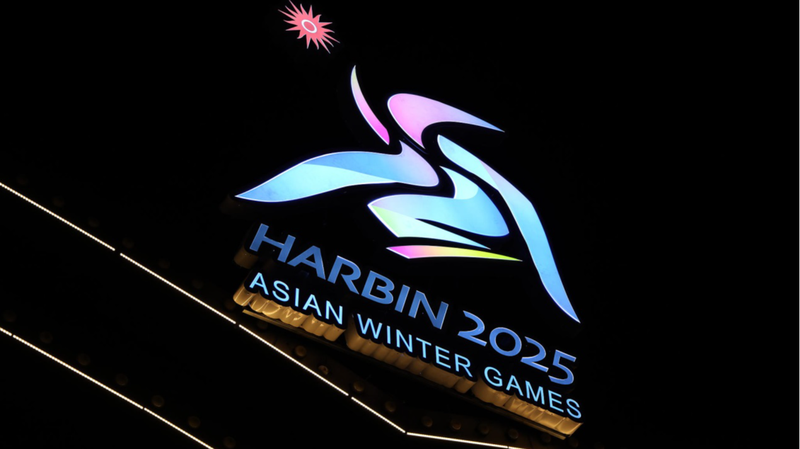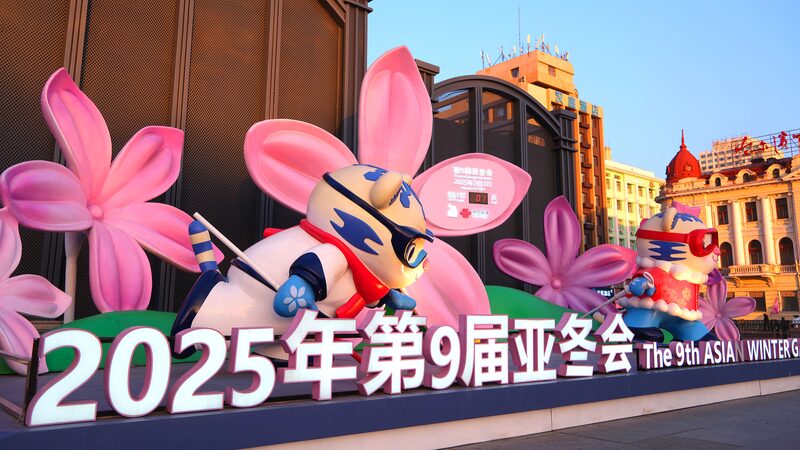Stocking up on Lunar New Year goods, visiting loved ones, indulging in sumptuous reunion feasts, and attending vibrant temple fairs—the Spring Festival, China's most cherished traditional celebration, is in full swing. This annual festivity is not only a time for family reunions but has also transformed into a major driver of consumption and economic growth.
This year, the Chinese government has designated New Year's Eve as a statutory holiday, extending the Spring Festival holiday to an unprecedented eight days. This extension has created a surge in consumer spending and opened up more opportunities for businesses to thrive.
Extended Holiday Fuels Tourism Boom
The eight-day holiday has ignited a tourism boom across the Chinese mainland. According to the Ministry of Transport, this year's Spring Festival travel rush is expected to set new records in total trips. Over the 40-day period known as \"Chunyun,\" cross-regional travel is projected to reach 9 billion trips.
Many residents have chosen to combine family reunions with travel adventures. \"The longer holiday gives me the flexibility to both visit family and take a trip,\" said Fang Ying from Lanzhou City, Gansu Province. She plans to reunite with her family before heading to Japan for skiing. \"It's the perfect opportunity to balance family time and personal enjoyment,\" she added.
Domestic tourist destinations are witnessing a surge in bookings, with cultural heritage sites, ski resorts, and coastal cities among the top choices. Businesses in hospitality, retail, and entertainment sectors are experiencing a significant uptick in revenue.
Economic Boost from Festive Spending
Beyond tourism, the extended holiday has spurred consumer spending on a wide range of goods and services. Markets and shopping centers are bustling with people purchasing traditional decorations, gifts, and specialty foods. Online retailers are also reporting increased sales, as consumers take advantage of holiday promotions.
Local temple fairs and cultural events are drawing crowds, offering performances, handicrafts, and culinary delights. These festivities not only preserve traditional customs but also contribute to the local economy by supporting small businesses and artisans.
The transportation sector is also benefiting from the surge in travel. Airlines, railways, and bus services have increased capacities to accommodate the growing number of passengers. \"We have added extra flights and trains to meet the demand,\" said a representative from the Ministry of Transport.
A Positive Outlook for Businesses
Businesses across various sectors are optimistic about the economic impact of the extended holiday. \"The longer break has definitely boosted sales,\" said Li Wei, a retailer in Shanghai. \"We are seeing more customers and higher transaction volumes compared to previous years.\"
Economists predict that the increased consumption during the Spring Festival will have a positive effect on the first quarter's economic performance, contributing to a robust start of the year for China's economy.
The festive frenzy underscores the importance of the Spring Festival not just as a cultural tradition but also as a significant economic catalyst. With the extended holiday providing more time for leisure and spending, China's economy is poised to benefit from this annual celebration.
Reference(s):
cgtn.com




